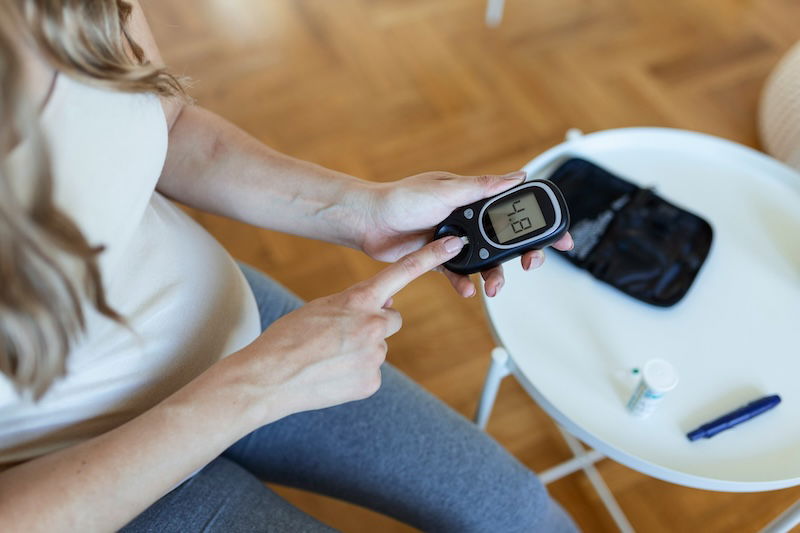
As we age, our bodies go through many changes, and staying on top of our health becomes more important than ever.
For adults over 60, regular health screenings can help catch potential problems early, often before they become serious.
Research shows that early detection through screenings can significantly improve outcomes and quality of life.
One key screening everyone over 60 should have is for high blood pressure. High blood pressure, or hypertension, is sometimes called the “silent killer” because it often has no symptoms but can lead to heart attacks, strokes, and kidney problems.
According to the American Heart Association, nearly 70% of adults over 60 have high blood pressure. A simple blood pressure test at your doctor’s office or even at a pharmacy can help identify this condition. If needed, medications and lifestyle changes can bring it under control.
Screening for diabetes is another essential step. Type 2 diabetes becomes more common with age, and it can cause complications like heart disease, nerve damage, and vision loss if not managed properly.
A blood test known as the A1C test can show your average blood sugar levels over the past three months. The Centers for Disease Control and Prevention (CDC) recommends regular diabetes screenings, especially for people who are overweight or have a family history of diabetes.
Cancer screenings also play a critical role. For women, mammograms remain an important tool to detect breast cancer. The U.S. Preventive Services Task Force advises that women up to age 74 continue regular mammograms.
For men and women, colonoscopies are crucial to screen for colorectal cancer, one of the most common cancers in older adults. If you’ve had a clean colonoscopy in the past 10 years, you might not need another one, but always follow your doctor’s recommendations.
Prostate cancer screenings for men and cervical cancer screenings for women may also be necessary, depending on personal health histories.
Bone health becomes a growing concern with age, as the risk of osteoporosis increases. This condition makes bones weaker and more likely to break. A bone density scan, or DEXA scan, can help detect osteoporosis early, allowing for treatments that strengthen bones and prevent fractures.
The National Osteoporosis Foundation recommends that all women over 65 and men over 70 get screened, or earlier if there are risk factors like family history or prior fractures.
Eye and hearing tests are often overlooked but are just as critical. Conditions like cataracts, glaucoma, and age-related macular degeneration (AMD) become more common after 60, and they can affect your quality of life if untreated.
The American Academy of Ophthalmology suggests comprehensive eye exams every 1–2 years for adults over 65. Hearing loss, which affects about one-third of people over 65, can also be managed with hearing aids or other treatments once detected through hearing tests.
Finally, regular cholesterol screenings can help reduce your risk of heart disease and strokes. The CDC notes that high cholesterol has no symptoms but can clog your arteries over time. A simple blood test every 4–6 years—or more often if you’re at risk—can help keep your cholesterol levels in check.
Practical Tips:
- Stay Informed: Know which screenings are recommended for your age and health history. Talk to your doctor about what you need and when.
- Make It Routine: Combine screenings with your annual check-up to stay on track.
- Keep a Record: Use a notebook or app to track your test results, appointments, and health goals.
- Take Action: If a screening shows a concern, don’t wait to follow up. Early treatment can make a big difference.
- Stay Active: Regular exercise, a balanced diet, and not smoking can boost the benefits of these screenings and improve overall health.
By staying proactive and prioritizing your health, you can enjoy a longer, healthier life after 60. Screenings are simple steps that can lead to big rewards. Don’t put them off—your future self will thank you!
If you care about medicine, please read studies that vitamin D could help lower the risk of autoimmune diseases, and drug for inflammation may stop spread of cancer.
For more health information, please see recent studies about which drug can harm your liver most, and results showing this drug can give your immune system a double boost against cancer
Copyright © 2025 Knowridge Science Report. All rights reserved.








Leave a Comment